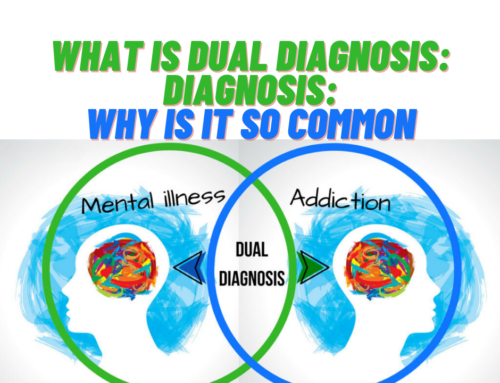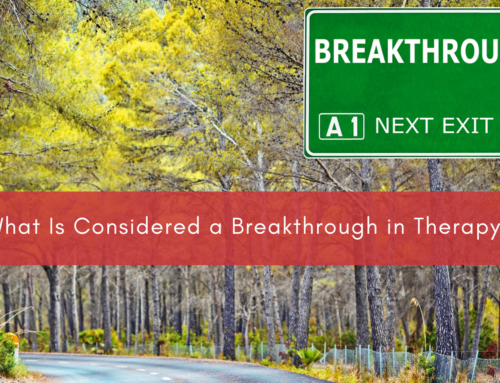A study done by the Boston University School of Public Health showed that the decline in prescribing non-opioid painkillers (NSAIDs) in the early 2000s overlapped with an increase in the prescribing of opioids. After studies discovered the side effects that NSAIDs had on the cardiovascular system, opioid prescriptions increased to bridge the gap for people experiencing chronic pain.
Barriers to Treatment and Alternatives for Those with Low-Income Status
Additionally, the study found that recognition of the opioid crisis between 2013 and 2016 led to a decrease in prescriptions of both opioid and non-opioid medications for those with chronic pain. Sadly, this included people with low socioeconomic status.
This sudden decline in prescribing pain medications to those with low-income status is troubling since these individuals face more significant economic barriers to treatment and therefore accessing alternative therapies for their pain. Although the opioid crisis is widespread, it may have especially affected those who have chronic pain and need their prescription medications to lead productive lives.
Changing Trends in Prescribing Pain Medications and Undertreatment of Pain
Undertreatment of pain is a real issue in these trends. When there is new research pointing to physical, mental, or psychological effects related to pain medications, the medical industry reacts by limiting prescribing those medications without providing sufficient alternatives.
Furthermore, these medications become replaced, as is the case with the replacement of NSAIDs by opioids, which then creates a whole new issue of opioid use and subsequent addictions. It appears that reacting too quickly to new research involving medication and its effects is detrimental to many people who rely on pain medications to lead productive lives.
Looking for Help?
It is imperative to reduce opioid abuse. Simultaneously, there needs to be efforts made to provide a comprehensive and multidimensional approach to pain and its management.
Simply transitioning people away from opioids is not the answer, since there is no consideration for the barriers to treatment that low-income individuals face in finding alternatives to treat their pain. Alternative therapies, such as physical therapy, ought to be easier for patients to access, regardless of their socioeconomic status.
At Alta Loma Transformational Living, you will meet knowledgeable, compassionate professionals that understand addiction in all its forms. Alta Loma uses an integrative and holistic approach to treat addiction and mental health issues. No treatment is one-size-fits-all, where you will have a team of experts prepared to create your customized treatment plan. We offer care for your mind, body, and spirit, so that you can heal from the inside out and look forward to a lifetime of sobriety and wellness. If you are ready to take the first step in your recovery, please call us at 866-457-3843.



